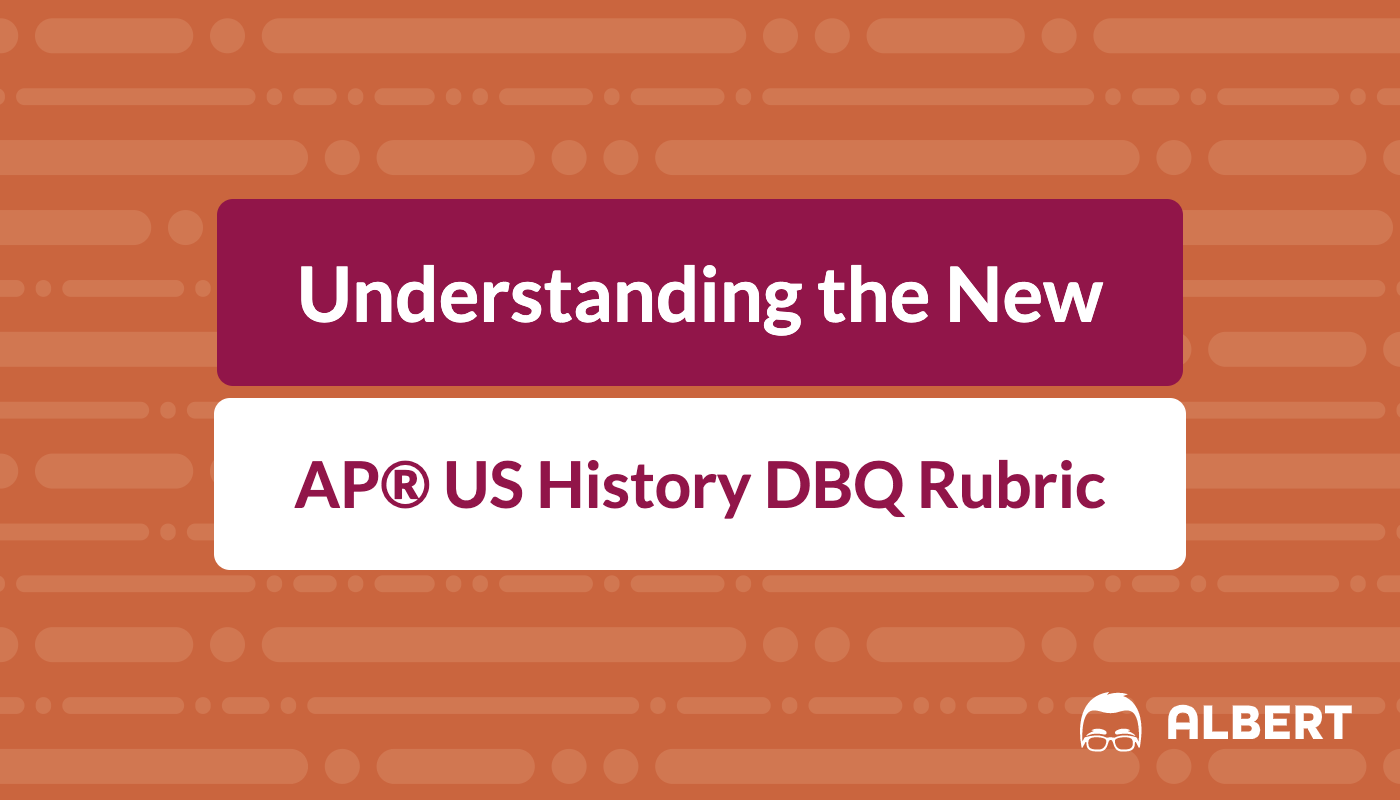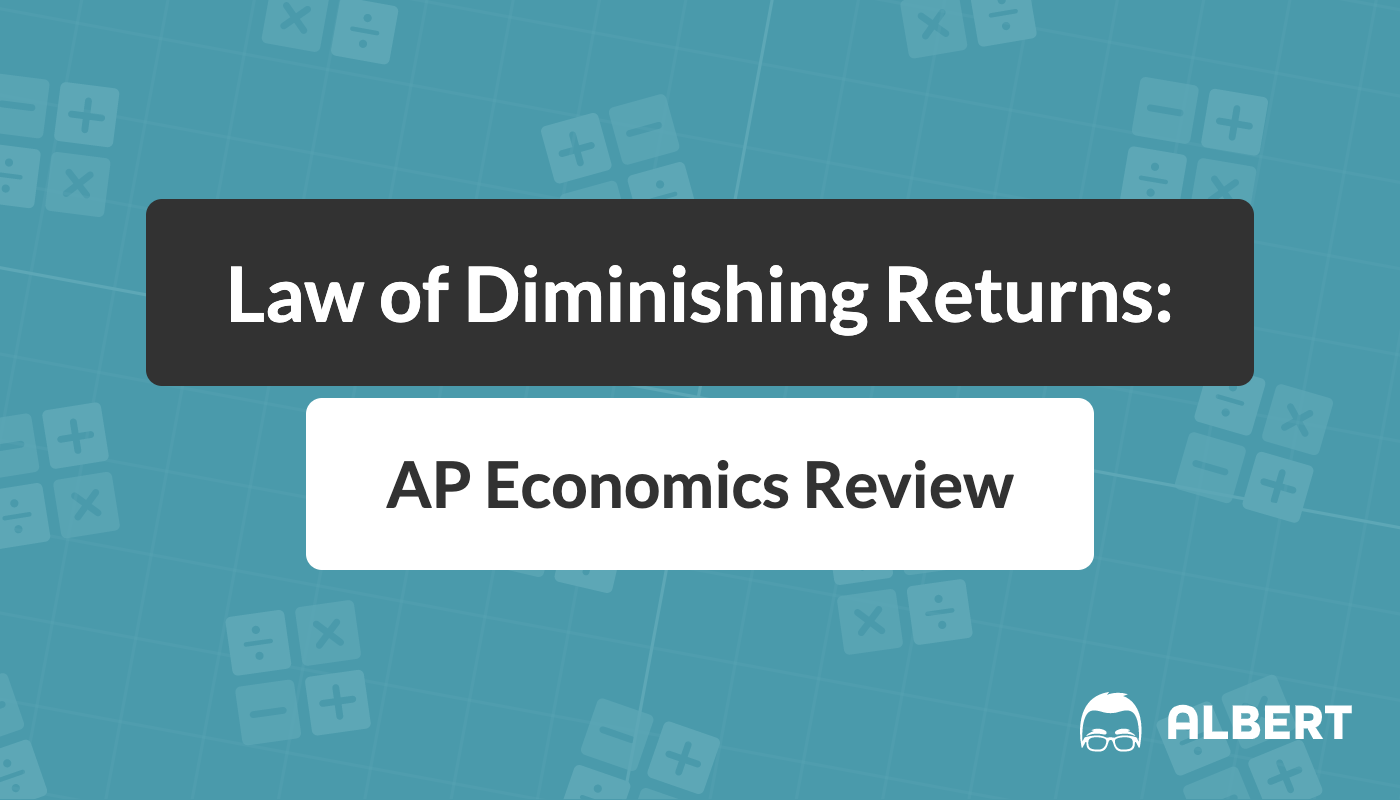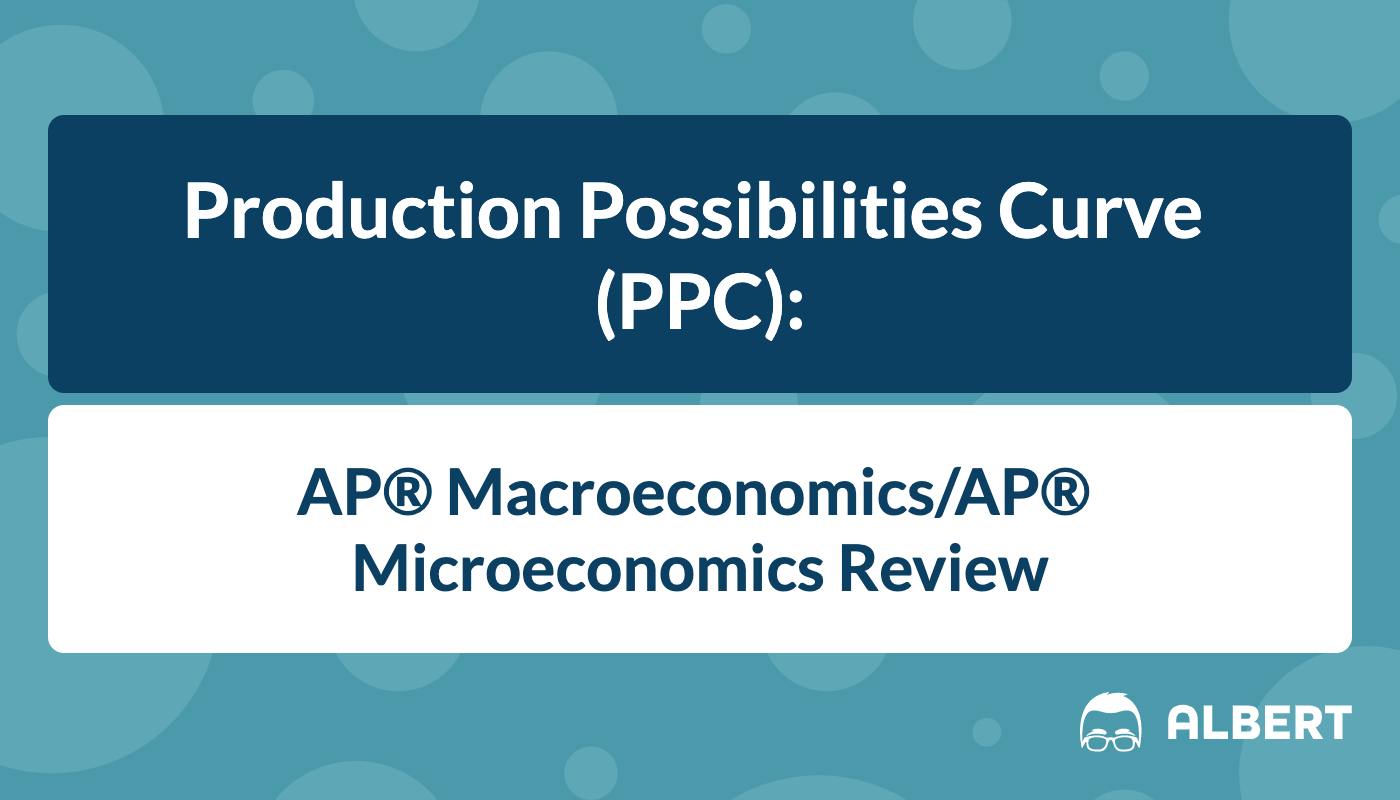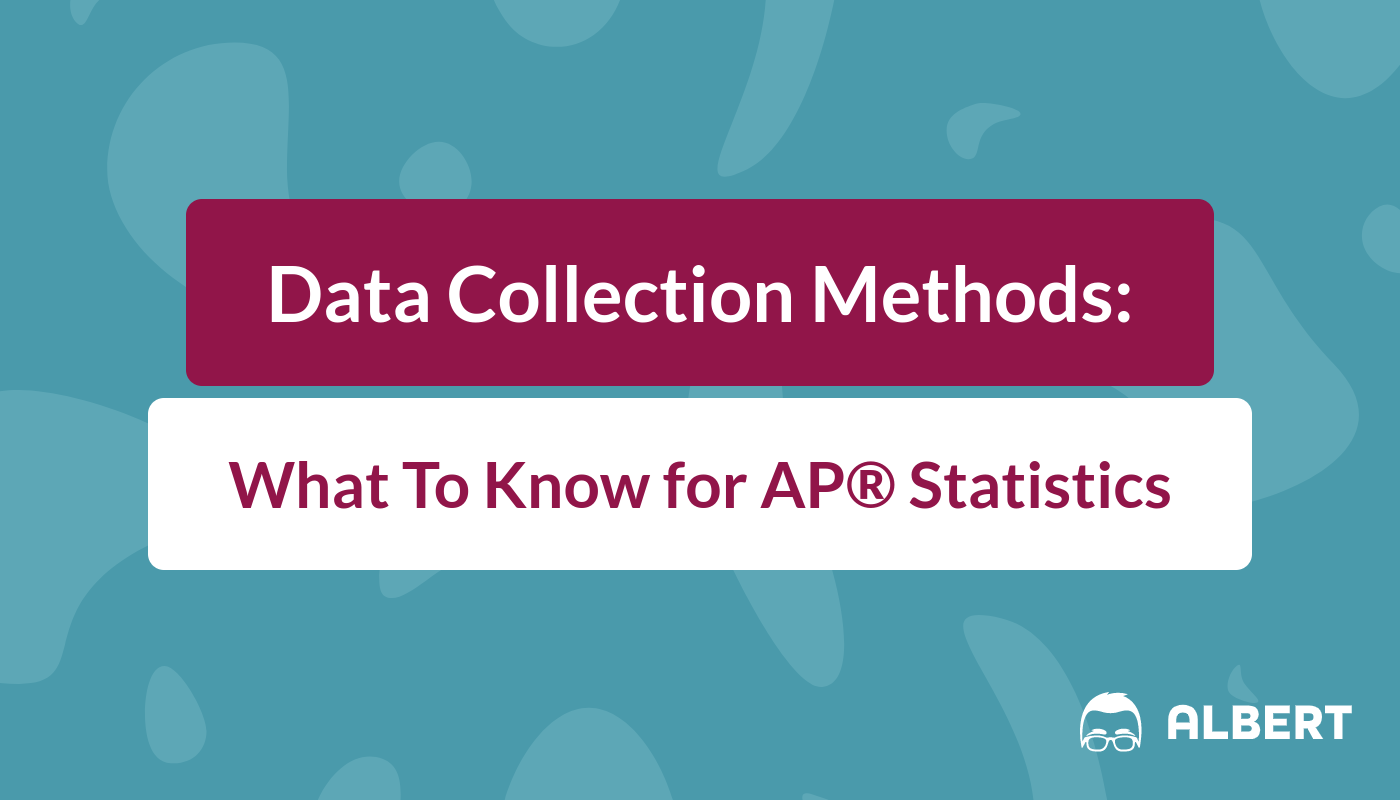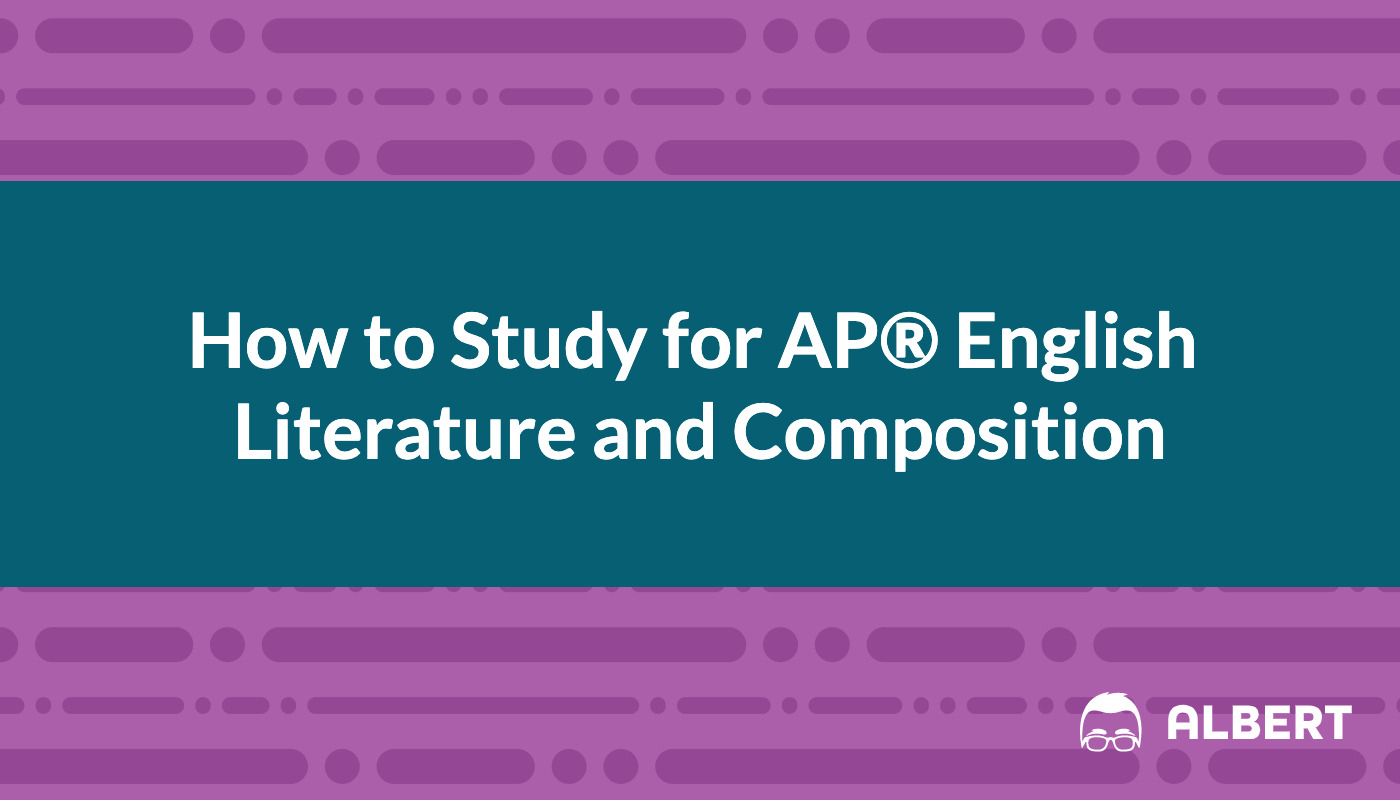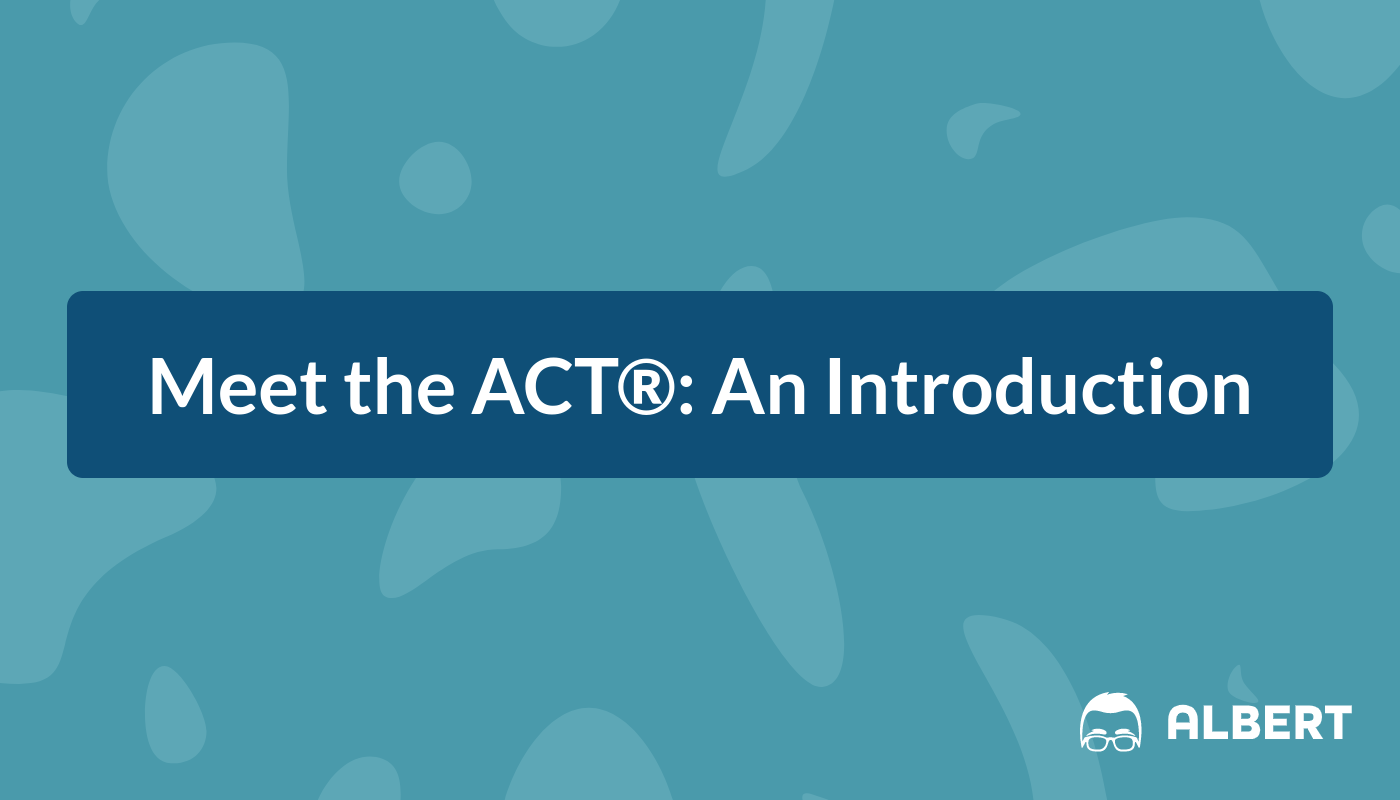How to Learn AP® Human Geography Vocab
Often times you think of learning vocabulary as a memorization drill. This is a huge a misconception. Learning vocabulary has more to do with understanding the meaning of a word and improving your word power than simply remembering the meaning for a short period of time. The words you learn should stay in your memory forever, and not just until the exams are over.


